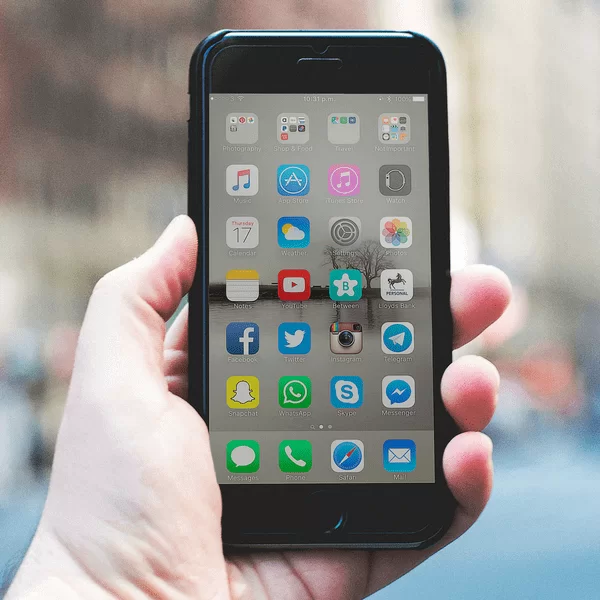
There are over 3 billion social media users in the world today. Facebook, Instagram, and Twitter have become ubiquitous, and they are constantly giving us information, news, and selfies. The average user will be on social media for slightly less than 2 hours every day.
But can it affect your case?

If you are in trouble, it may be a good idea to contact a criminal defense attorney in Chicago and keep reading this article.
Admissibility of Evidence
Facebook posts are admissible as evidence, generally. Circumstances can mean that some social media posts are not acceptable to use in court, but it is a good idea to assume that what you are posting can be used by the other side.
It may be cathartic to post a rant about how you don’t like the police officer, the person who crashed into you, or whomever, but this is not recommended. The lawyer for the opposing side can and will use such posts to their advantage.

If you are going through the legal system, be it a personal injury case or a criminal case, it may prove valuable to stay off social media entirely. Keep posting to a minimum. You never know what the other side may use against you.
If you have a criminal case against you, you may feel tempted to reach out to the person who was hurt. This is a spectacularly poor decision. In a best case scenario, you are giving the prosecutor or their civil lawyer more ammunition to use against you. In a worst case scenario, you may get charged with witness intimidation. If you have anything you feel like you need to say about your case, tell it to your lawyer.
Privacy
Many social media networks, such as Facebook, have an option to make certain posts and pictures ‘private’. This means that users can decide who can see what is posted. While this may seem like it limits access to others, legally speaking, it may offer you no protection at all.
In the case Forman v. Henkin, a court ruled that posts made online, even when they are made to a private group, can be considered evidence. Once the legal system is involved, there is no such thing as a ‘private post’.
Before you post, message, or say anything, you will want to remind yourself that once it is out there, it is exceptionally hard to delete. You ought to think about how this will look in front of a judge. Trust the voice in the back of your head that is reminding you that publishing your rant is maybe not the greatest idea.

In the Courtroom
A court is a place where respect matters. There are a lot of small things that you can do to help (or hurt!) your case. One of the most surefire ways to annoy the judge, and make your case harder to win, is to pull out your phone in the courtroom and start checking social media. While you are in court, you need to be respectful of the judge. Leaving your smartphone in your car might be the way to go.
Just to reiterate, using social media to discuss your case is a bad idea. Don’t do it. It is, in all likelihood, not going to help you in any way. If you have something to say about your case, you are going to want to run it by your lawyer first, just to make sure it is acceptable.
If you have any questions, it is an excellent idea to contact a criminal defense attorney in Chicago. The team at Sexner & Associates LLC is ready to fight for you today. Call us, day or night, at (312) 644-0444, or reach out to us online for a free consultation.

